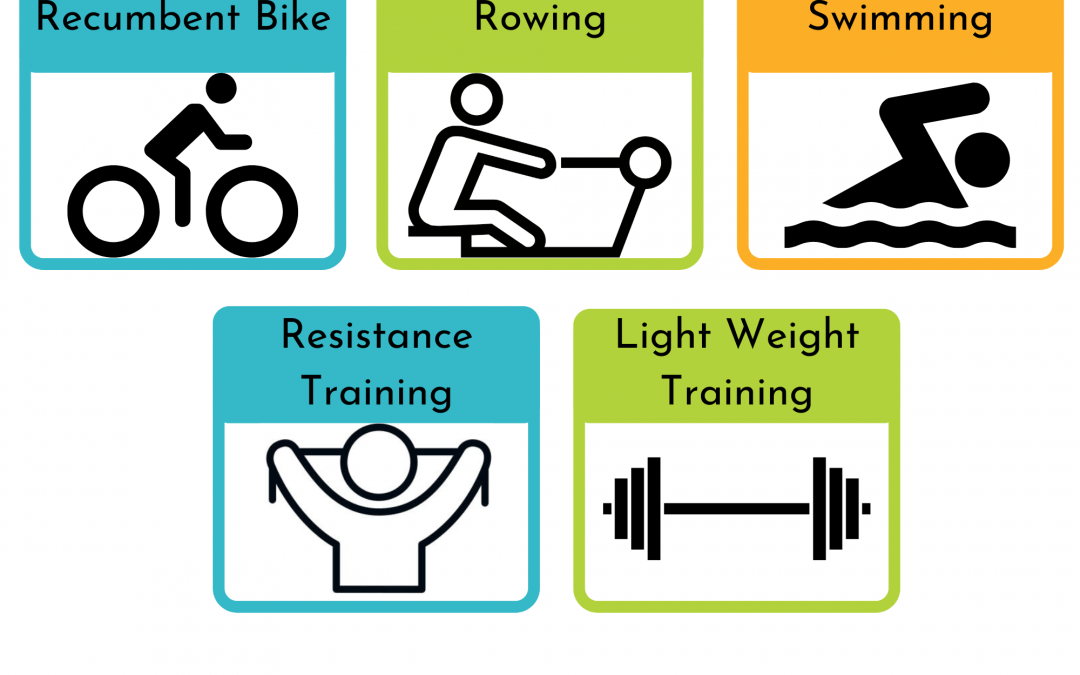ADHD is the most common neurodevelopmental condition amongst children. ADHD can cause concentration and behavioural issues as the brain develops at a slower rate. The most commonly known symptoms include short attention span, fidgeting, hyperactivity, impulsivity and restlessness.
Children with ADHD are more likely to develop an anxiety disorder. Anxiety is a mental disorder that can cause an individual to feel excess worry, tension and uneasiness throughout their day. Anxiety can present itself even when there is no immediate danger and can last for prolonged periods of time.
Our brains are divided into two hemispheres. The left brain is concerned with language and speech whereas the right brain is responsible for interpreting visual information and spatial processing. Both ADHD and anxiety can be the cause of overactivity in the left brain. Because of this, the brain can have a tough time communicating and allowing the body to properly function resulting in a breakdown of behaviour, communication, thoughts and movement.
Up to the ages of 2-3 the right brain is responsible for most of a child’s development. During this time the right brain is hypersensitive to toxins, infections and poor nutrition. This can have lasting effects on the development of the right hemisphere. The left brain takes over at age 3 and continues the developmental stages. If the right brain is hindered, an imbalance occurs between hemispheres.
Primitive reflexes are involuntary motor responses that manifest in newborns to help develop fundamental survival skills. These reflexes diminish at 4-6 months and are replaced by voluntary motor responses as the brain matures. Children with ADHD have been shown to retain some primitive reflexes that should have diminished.
QEEG Scan
To help distinguish and treat these neurological concerns, we perform a QEEG (Quantitative Electroencephalogram Test) to measure the electrical activity in the brain and to map the area. This test may be utilised to help determine areas of under or over activity in the brain which allows us to become aware of the contributing symptoms to a child’s ADHD. With this information we can then establish a treatment plan that best suits the child and their needs.

Primitive Reflex Integration
Using the Melillo method, we strive to restore the imbalance between both hemispheres of the brain as well as integrate any primitive reflexes that are still present. This is done through specific primitive reflex integration, core strengthening and other strength based exercises, sensory/motor integration training, balance/coordination training and auditory/visual training.

Laser Therapy
Transcranial laser therapy works via photobiomodulation, using specific light energy to stimulate processes occurring within the brain. This specific light energy reduces inflammation, increases energy production in the cells, stimulates regional blood flow and improves neurogenesis, the healing of neurons in the brain. Laser therapy is a great alternative to oral medication and other pharmaceutical treatment options.
Brain Games
We have custom built several Virtual Reality games that you won’t find anywhere else to make strengthening brains as entertaining as possible. By making brain training as entertaining as possible we find that kids stick to the program and get better results through gameifying rehab using Virtual Reality.

